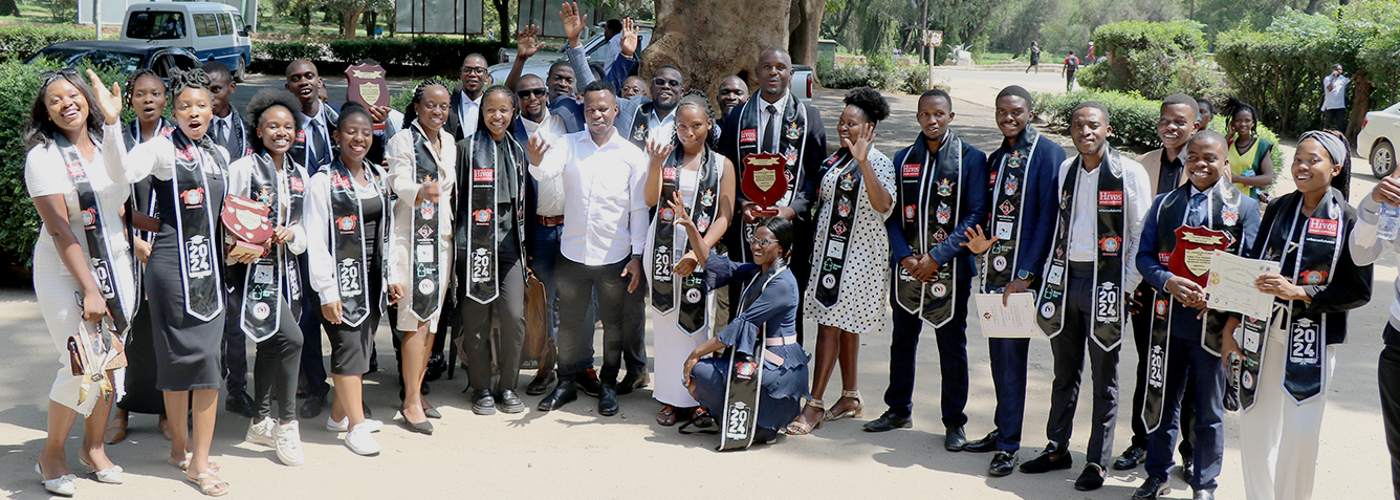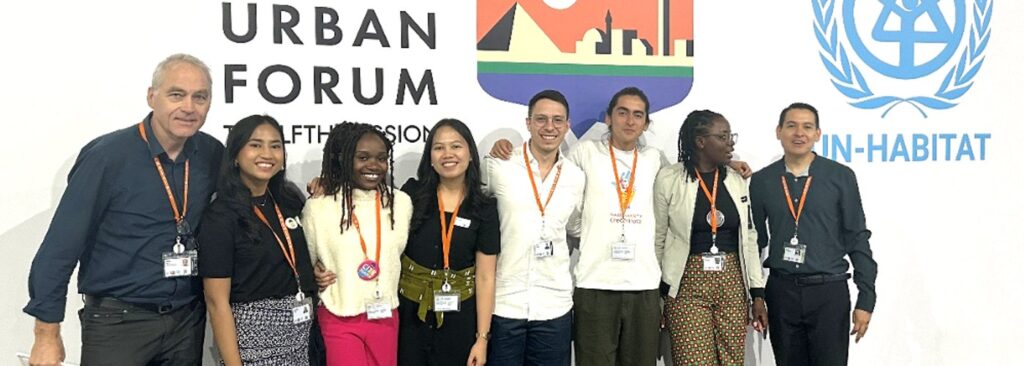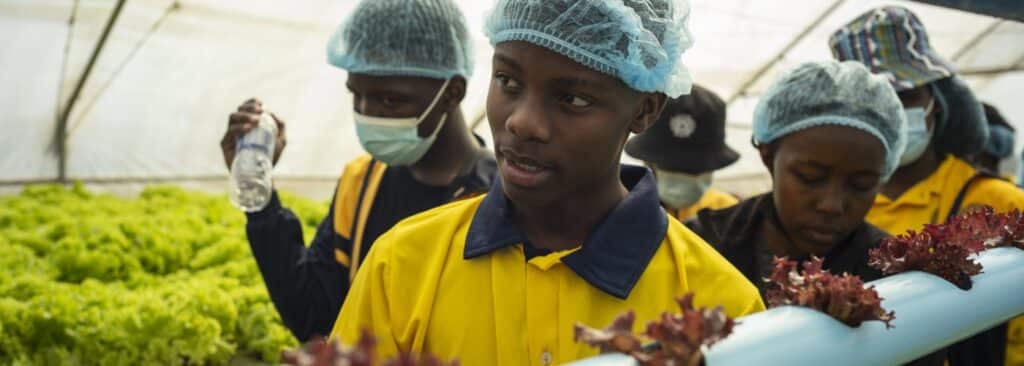For some participants, this was their first experience with graduating – an occasion greeted with applause and cheer. It was the Urban Futures Advanced Certificate in Green Technologies and Sustainable Food Systems graduation ceremony recently held in Bulawayo, Zimbabwe.
The course these young graduates had followed was part of our Urban Futures program, which aims to make food systems in cities more sustainable, resilient, and reliant on climate-smart food value chains. They acquired practical knowledge and skills in green transition, green business development, and policy engagement. The certificate the young people now proudly possess affirms their desire to contribute towards change in the city’s food sector and will be their passport to the forefront of this revolution.
Transforming cities
The course was held in partnership with the Bulawayo Vendors and Traders Association (BVTA), which leads a consortium of Urban Futures partners, and has the academic backing of Lupane State University. “I would like to celebrate the milestone of the Urban Futures project, especially the youth who have managed to gain important skills regarding the City of Bulawayo food systems,” said Nkululeko Mpofu, a lecturer at the university. “Climate change has ignited an urgent need for urban and peri-urban environments to transition from business as usual. The youth are the chosen generation to kick-start that transition in the City of Bulawayo.”
With 54 young people graduating, the course has launched a new especially skilled generation that will make informed decisions on the city’s food systems.
New experience
The training also offered students new ways of understanding climate action, graduate Nobukhosi Ndlovu said. “Through this course, I learnt a lot about climate resilience and a lot of practical things about climate change and how it is affecting Bulawayo,” she said. “We learnt water conservation techniques and smart agricultural practices that we can employ. We are proud to graduate and be the generation that can change Bulawayo and revive it into the city that used to be a food basket of the country.”
The course was designed to inspire and drive a viable green transition. By setting key local priority actions for food and climate justice in the city, the expectation is that this will begin transforming how food systems work.
New ways of urban farming
For Ntombifikile Ncube, a young farmer who also followed the course, said the training helped improve her understanding of the farming business and develop new connections to improve her food supply network. Her story is representative of many of her 54 fellow graduates. Listen to her here:
Looking towards a greener future
The course’s focus on green business development and policy engagement is fundamental for transforming the future of cities. BVTA project officer for the Urban Futures program, Langton Moyo, is confident the training will signal the start of developing sustainable food systems in the city and contribute towards resilient, climate-smart food value chains for the future.




